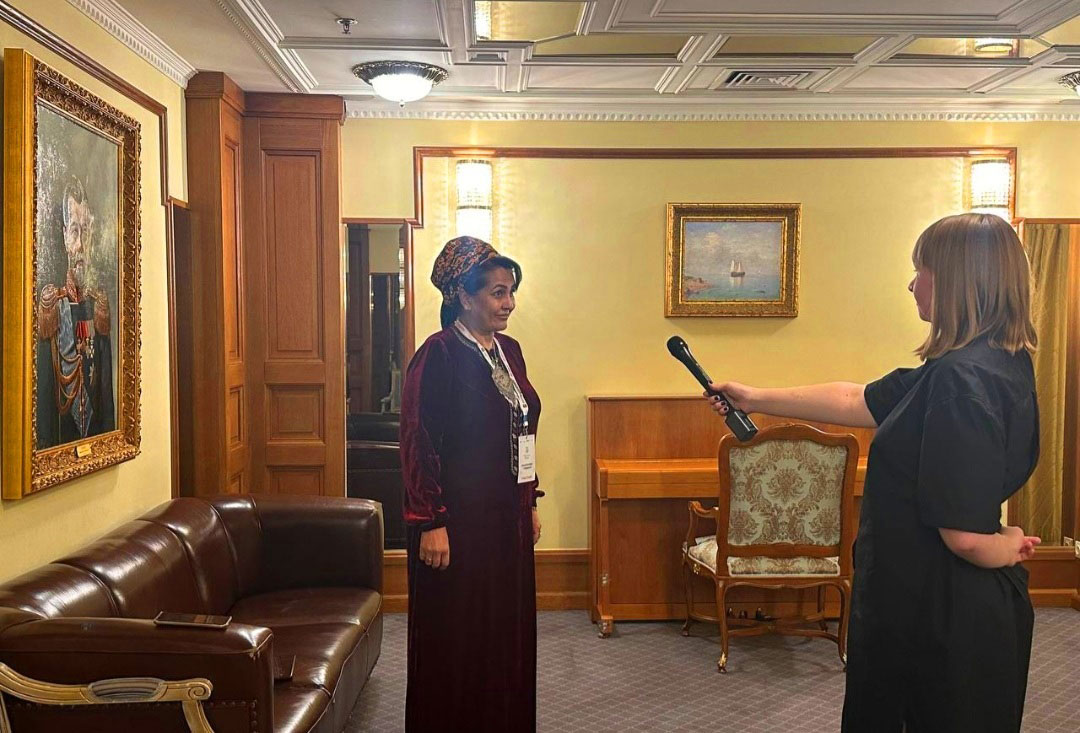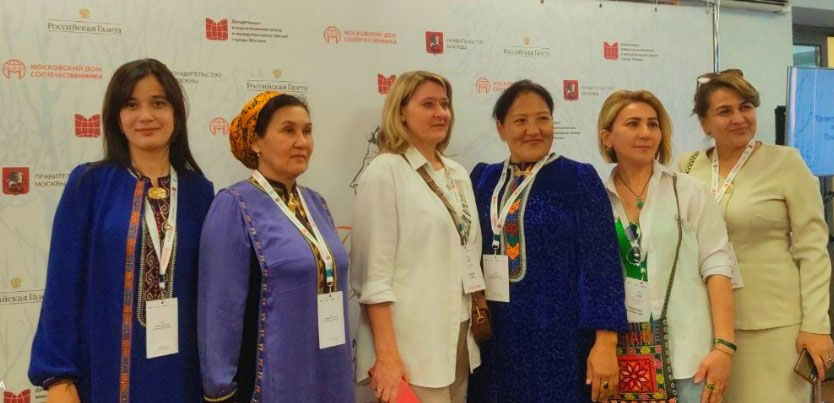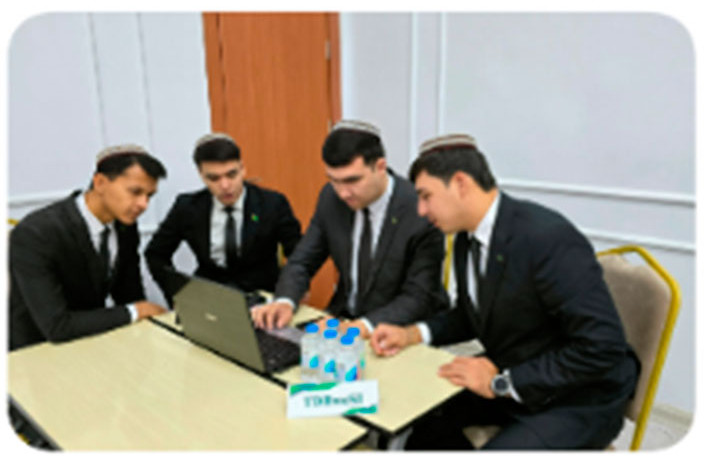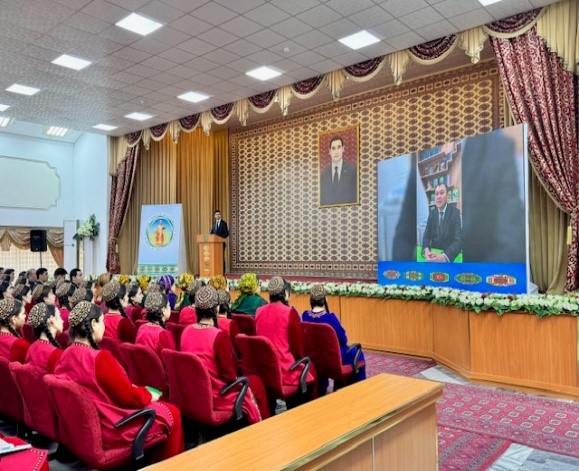Four teachers from Turkmenistan were among the laureates of the XXIV International Pushkin Competition for foreign Russian language specialists.
The winners are: Aysapar Sazakova from Specialized Secondary School No. 2 with an advanced study of foreign languages in the city of Dashoguz; Maral Ovezova from Secondary School No. 58 in Boldumsaz etrap of Dashoguz velayat; Jahan Amirkulova from Secondary School No. 25 Charjev etrap of Lebap velayat; Gulbahar Asadullaeva from Secondary School No. 24 in the city of Turkmenabat, Lebap velayat.
The award ceremony traditionally took place in Moscow.
In 2024, the competition was held under the auspices of the 225th anniversary of the birth of Alexander Sergeyevich Pushkin, the "sun of Russian poetry." Participants reflected on the theme: "Pushkin is everything to us. So what? Does the new generation need Russian genius?"
Out of 239 creative works submitted, 50 were selected as the best. Teachers from 19 countries, including Turkmenistan, Uzbekistan, Kyrgyzstan, China, Hungary, Cuba, India and others, were awarded special diplomas. Winners also participated in a five-day tour of Moscow, visiting the State A.S. Pushkin Museum and the editorial office of "Rossiyskaya Gazeta."
The Moscow meetings continued at the State Institute of the Russian Language named after A.S. Pushkin, where a lecture on the methodology of teaching Russian as a foreign language to schoolchildren was held.
In Turkmenistan, the study of foreign languages, including Russian, is conducted at advanced and specialized levels in institutes and schools, emphasizing the importance of diverse language skills for students. One of the leading universities for training highly qualified foreign language teachers is the Turkmen National Institute of World Languages named after Dovletmammet Azadi, which annually graduates professionals ready for successful careers.
Last week, this university hosted a methodological seminar dedicated to assessing the level of foreign language proficiency among students in Turkmenistan's vocational education institutions. The event reviewed key directions for further improving foreign language education.
Scientific and methodological reports focused on the methodological features of effectively teaching English and Russian in humanities, pedagogical, technical, medical and agricultural secondary and higher educational institutions. Modern methods and innovative teaching technologies were also discussed.








